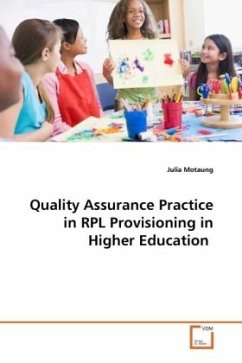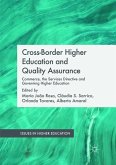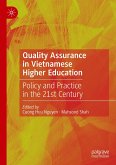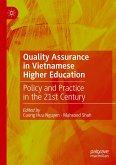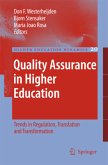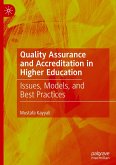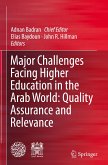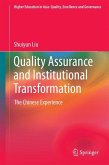The policy and practice of RPL remains a contested
area in the higher education sector. While a growing
body of research on RPL has become available, little
is known about the quality assurance dimensions of
this policy and its current expression in higher
education practice. Accordingly, this study seeks to
provide a comprehensive and detailed portrait of the
manner in which RPL is implemented in the Faculty of
Education at the University of Pretoria. The central
question is does the RPL system that is in place at
this institution meet national and international
requirements for quality and quality assurance? If
not, what are the reasons and how can the faculty
improve its RPL practice? The findings indicate that
a relatively good system of RPL provisioning is in
place in the Faculty of Education, with a few areas
of concern (weaknesses). The major problem is that
this system is not benefiting the majority of people
it was intended for. The system is selective
and exclusionary in nature.
area in the higher education sector. While a growing
body of research on RPL has become available, little
is known about the quality assurance dimensions of
this policy and its current expression in higher
education practice. Accordingly, this study seeks to
provide a comprehensive and detailed portrait of the
manner in which RPL is implemented in the Faculty of
Education at the University of Pretoria. The central
question is does the RPL system that is in place at
this institution meet national and international
requirements for quality and quality assurance? If
not, what are the reasons and how can the faculty
improve its RPL practice? The findings indicate that
a relatively good system of RPL provisioning is in
place in the Faculty of Education, with a few areas
of concern (weaknesses). The major problem is that
this system is not benefiting the majority of people
it was intended for. The system is selective
and exclusionary in nature.

